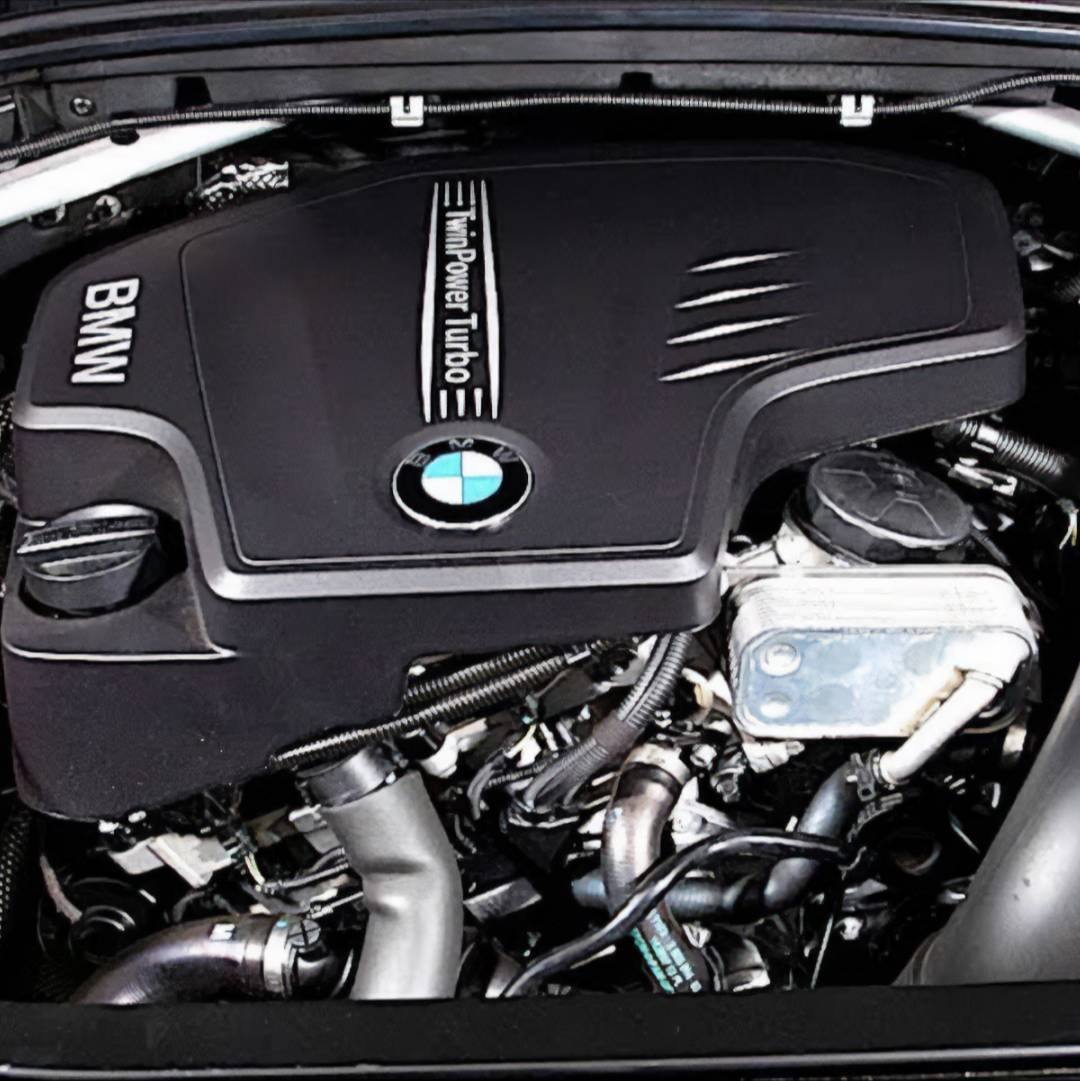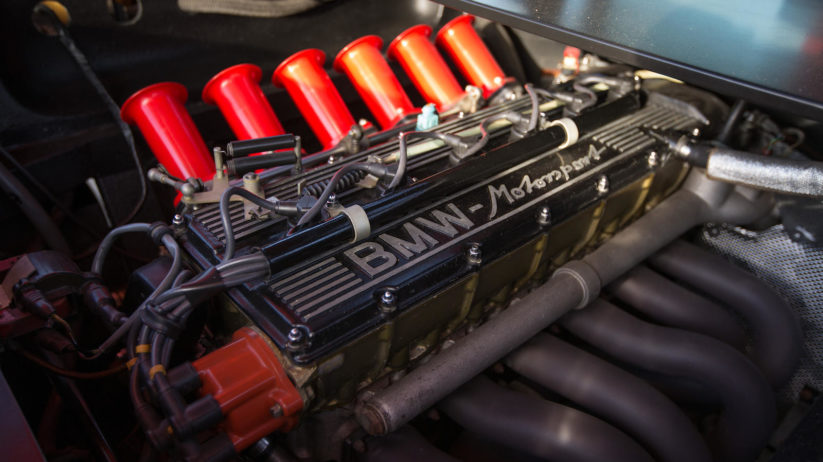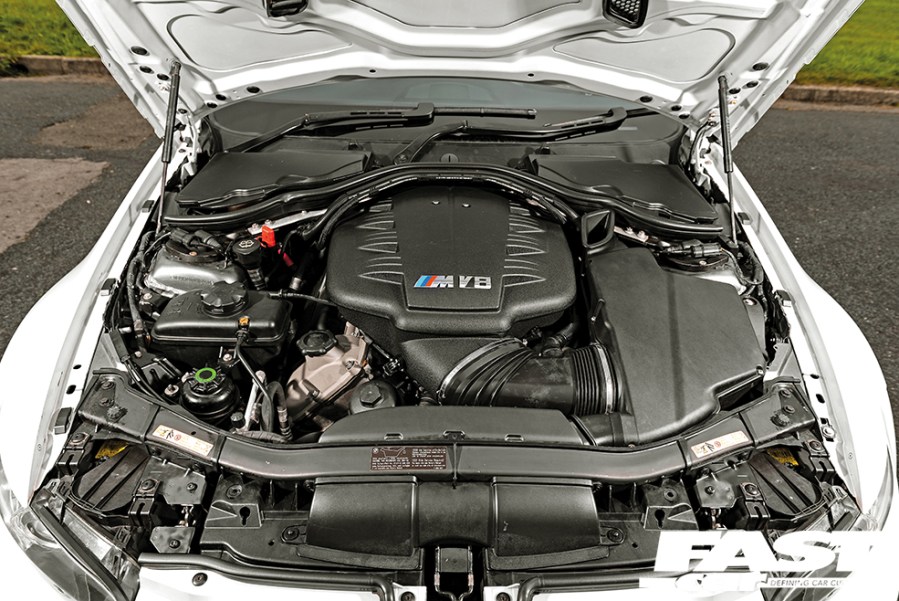Introducing the Intricacies of Next-Generation Power Units: a Deep Dive Into Advanced Engine Advancements and styles
In the world of automotive design, the unrelenting search of efficiency, sustainability, and performance has actually propelled the development of power devices to unprecedented heights. As we depend on the precipice of a brand-new age in transportation, the intricacies of next-generation engine layouts bid us to check out the advanced technologies and innovations that assure to redefine the driving experience. From sophisticated materials that press the limits of toughness and weight reduction to innovative turbocharging and turbo charging systems that elevate power result to brand-new levels, each part of these power systems holds a key to opening the future of automobile design. Digging deeper right into the realms of exhaust control, intelligent engine monitoring systems, and the horizon of power device advancement, we locate ourselves on the cusp of an improvement that promises to improve the landscape of movement as we understand it.
Advancement of Engine Materials

The shift in the direction of advanced engine materials has likewise allowed designers to make engines with higher power outputs while maintaining fuel effectiveness requirements. As an example, making use of light-weight products lowers the total weight of the engine, leading to improved gas economy and lower emissions. Furthermore, advancements in products technology have permitted far better thermal monitoring within engines, causing raised dependability and durability.
Turbocharging and Supercharging Technologies
How do Turbocharging and Supercharging Technologies revolutionize engine efficiency and effectiveness in modern lorries? Turbocharging and supercharging are technologies that dramatically improve engine performance by raising the amount of air intake into the burning chamber. Turbocharging accomplishes this by utilizing a generator driven by exhaust gases to pressurize the intake air, while turbo charging utilizes a belt- or chain-driven compressor to achieve the exact same effect.
These modern technologies enable smaller, more fuel-efficient engines to produce power comparable to larger ones, understood as downsizing. By forcing even more air right into the cylinders, turbocharging and turbo charging boost combustion effectiveness, resulting in boosted horse power and torque output without a substantial increase in engine size. This brings about better velocity, lugging capacity, and general driving efficiency.
Furthermore, turbocharging and turbo charging contribute to boosted fuel effectiveness by enabling the usage of smaller engines that eat less gas under typical driving conditions - bmw engine. This mix of improved efficiency and efficiency has made turbocharging and turbo charging integral components of lots of modern-day engine layouts
Emission Control and Environmental Impact
With enhancing worldwide problems regarding air high quality and environmental sustainability, the application of exhaust control modern technologies in vehicles plays an important function in lowering harmful pollutants released into the atmosphere. Modern vehicles are equipped with sophisticated emission control systems that help reduce find this the environmental impact of automobile operations. Catalytic converters, for circumstances, are made to transform harmful gases such as carbon monoxide, nitrogen oxides, and hydrocarbons into much less unsafe materials like carbon dioxide and water vapor.
Furthermore, innovations in engine innovation, such as the assimilation of exhaust gas recirculation systems and careful catalytic reduction, have significantly added to reducing emissions. These modern technologies operate in tandem to optimize combustion performance and lessen the release of hazardous toxins right into the air. Additionally, the development of hybrid and electrical vehicles stands for a critical action towards decreasing the overall environmental footprint of the transportation field.
Intelligent Engine Monitoring Equipment

Furthermore, these systems allow vehicles to fulfill strict exhausts standards without endangering performance, giving a more eco-friendly driving experience. The combination of expert system and machine discovering capabilities in engine administration systems remains to push the limits of what is feasible, leading to additional renovations in effectiveness, dependability, and total car efficiency. bmw engine. As vehicle technology advancements, smart engine management systems will play a critical role fit the future of transport in the direction of a more sustainable and effective direction
Future Trends in Power Unit Advancement
As smart engine read this monitoring systems lead the way for enhanced control and optimization in contemporary automobiles, future fads in power unit development are poised to redefine the landscape of automobile propulsion innovations. Among the vital fads driving development in power device development is the shift towards electrification. With an increasing concentrate on sustainability and decreasing carbon discharges, hybrid and electric powertrains are ending up being much more common in the auto industry. These alternative source of power offer improved efficiency and performance while straightening with rigid environmental regulations.
One more substantial fad is the integration of sophisticated products and manufacturing techniques. Lightweight materials such as carbon fiber and light weight aluminum are being used to decrease general automobile weight, enhancing fuel performance and efficiency. Additionally, improvements in 3D printing and additive manufacturing are allowing the manufacturing of complex engine parts with greater precision and resilience.
Additionally, synthetic intelligence and artificial intelligence are playing a vital duty in maximizing power pop over here unit efficiency. These modern technologies enable real-time monitoring and flexible control, resulting in much more efficient and trusted power distribution. On the whole, future fads in power unit development are geared towards performance, sustainability, and performance, driving the automobile industry in the direction of a brand-new era of propulsion innovations.

Verdict
In final thought, the innovations in engine products, turbocharging, emission control, and intelligent management systems have paved the method for next-generation power devices. The detailed designs and innovations in contemporary engines showcase the continuous advancement of auto technology.
Exploring the progressive developments in engine materials has actually been essential in boosting the efficiency and performance of modern engines. Over the years, the development of engine materials has played an essential function in pressing the borders of what engines can achieve.The change in the direction of progressed engine materials has actually also made it possible for engineers to create engines with higher power outputs while preserving fuel effectiveness criteria.The implementation of smart engine management systems in modern-day cars has actually changed the way engines are controlled and optimized for performance and effectiveness. By gathering information in real-time and analyzing it with advanced algorithms, smart engine monitoring systems can adjust to driving styles, ecological aspects, and engine wellness to maximize power result while lessening gas usage and emissions.
Comments on “Usual Concerns Encountered by BMW Engine Owners and Just How to Address Them”